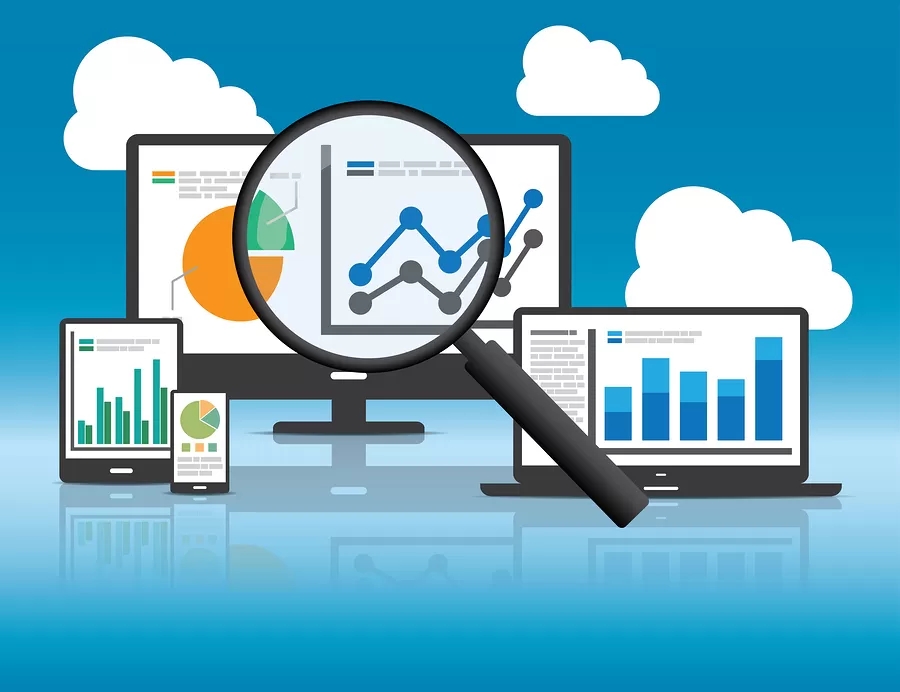In the ever-evolving world of digital marketing, staying ahead of the competition requires a strategic approach. Gone are the days of relying on guesswork and intuition to make marketing decisions. Today, data-driven insights are the key to success and at the heart of this lies analytics. Analytics in digital marketing empowers businesses to understand their target audience, optimize their campaigns, and make data-backed decisions that drive growth. In this article, we will explore the importance of analytics in digital marketing and how it can revolutionize your business.
Unveiling Consumer Insights with Analytics

One of the most significant advantages of analytics in digital marketing is the ability to gain deep insights into consumer behavior. By analyzing data from various sources such as website traffic, social media engagement, and email marketing campaigns, businesses can understand their target audience better. Analytics provides valuable information about consumer preferences, demographics, online behavior, and purchasing patterns, enabling marketers to create highly targeted and personalized campaigns.
Optimizing Marketing Campaigns for Better ROI

Analytics allow marketers to measure the success of their marketing campaigns accurately. By tracking key performance indicators (KPIs) such as click-through rates, conversion rates, and customer acquisition costs, businesses can determine the effectiveness of their marketing strategies. This data-driven approach enables marketers to identify underperforming campaigns and make informed decisions to optimize them for better results.
Real-time Decision Making

In the fast-paced digital landscape, timing is everything. Analytics provides real-time insights that empower businesses to make quick decisions. With access to real-time data, marketers can monitor campaign performance, identify trends, and respond promptly to capitalize on opportunities or mitigate potential issues. This agility allows for dynamic adjustments to campaigns, ensuring maximum impact and relevance in a rapidly changing market.
Enhancing Customer Experience

Analytics plays a crucial role in improving the overall customer experience. By analyzing customer data, businesses can gain a deeper understanding of their preferences and pain points. This information can be used to personalize interactions, tailor marketing messages, and deliver relevant content to the right audience at the right time. With analytics, marketers can create a seamless customer journey that enhances engagement, increases customer satisfaction, and builds brand loyalty.
Identifying Growth Opportunities

Analytics not only provides insights into past performance but also helps identify future growth opportunities. By analyzing data trends and patterns, marketers can uncover new market segments, emerging trends, or untapped niches. These insights enable businesses to develop innovative strategies, create new products or services, and expand their reach into new markets. Analytics acts as a compass, guiding businesses towards new growth horizons.
Conclusion
In the digital age, analytics has become an indispensable tool for marketers. It empowers businesses to make data-driven decisions, understand their target audience, optimize marketing campaigns, and enhance the customer experience. By leveraging the power of analytics, businesses can gain a competitive edge, stay ahead of the curve, and drive growth in today’s dynamic digital landscape. Whether you’re a small startup or a large enterprise, embracing analytics in your digital marketing strategy is no longer an option but a necessity for success. So, harness the power of analytics and unlock the true potential of your digital marketing efforts.
